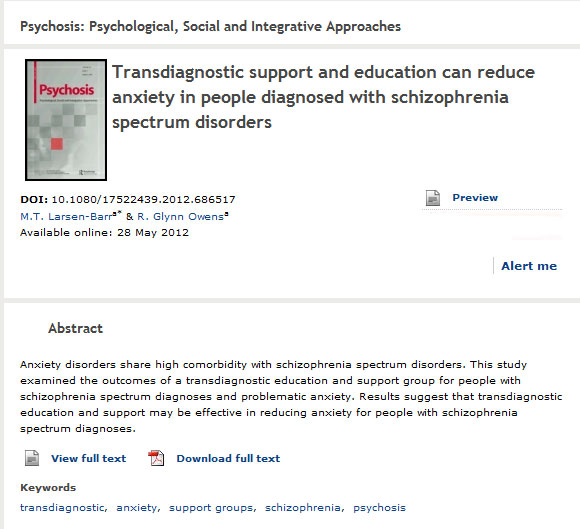Excluded Students are ‘Out of School, Out of Mind’
A report released on the 1st of August by YouthLaw Tino Rangatiratanga Taitamariki shows that students are regularly being suspended, excluded, and expelled without proper safeguards and that an Independent Education Review Tribunal is urgently required to provide an inclusive, timely, and accessible means by which school disciplinary decisions can be challenged.
The report, ‘Out of School, Out of Mind: The Need for an Independent Education Review Tribunal,’ is based upon current research literature and data obtained from the Ministry of Education under the Official Information Act.
Vanushi Walters, Managing Solicitor for YouthLaw, says that the Ministry needs to do more to ensure that decisions by principals to stand-down or suspend students, or boards of trustees to exclude or expel are correctly decided, both on their facts and the law.
The report found that 39 percent of students excluded from school were out of the formal education system for at least three months, with a further 13 percent being out for more than nine months. Those from lower-socioeconomic regions were most adversely impacted, with students from low-decile schools being nearly five times more likely to be excluded and twice as likely to be expelled as those from high-decile schools.
“Research shows us that students who are excluded from school are less likely to succeed in life than other young people, and are more prone to anti-social behaviour. We cannot condemn our most vulnerable to a life of failure,” she says. “Yet despite this, principals and boards are judge, jury and executioner over many of these children’s futures. Any decision is effectively final, with no accessible right of appeal or challenge.”
The report recommends the creation of an Independent Education Review Tribunal, based upon the Independent Appeal Panel process currently implemented in England. The Tribunal would provide an affordable, accessible means by which parents and students could challenge school decision-making, and would have the power to reverse unfair decisions.
Both the Report and Summary Document are available on the YouthLaw website.
Send queries to:
- Vanushi Walters, Managing Solicitor, (09) 306 7594, vanushi@youthlaw.co.nz
- Joanna Maskell, Solicitor, (09) 306 7596, joanna@youthlaw.co.nz
- Ben Mills, Legal Education Coordinator, (09) 306 7951, ben@youthlaw.co.nz







